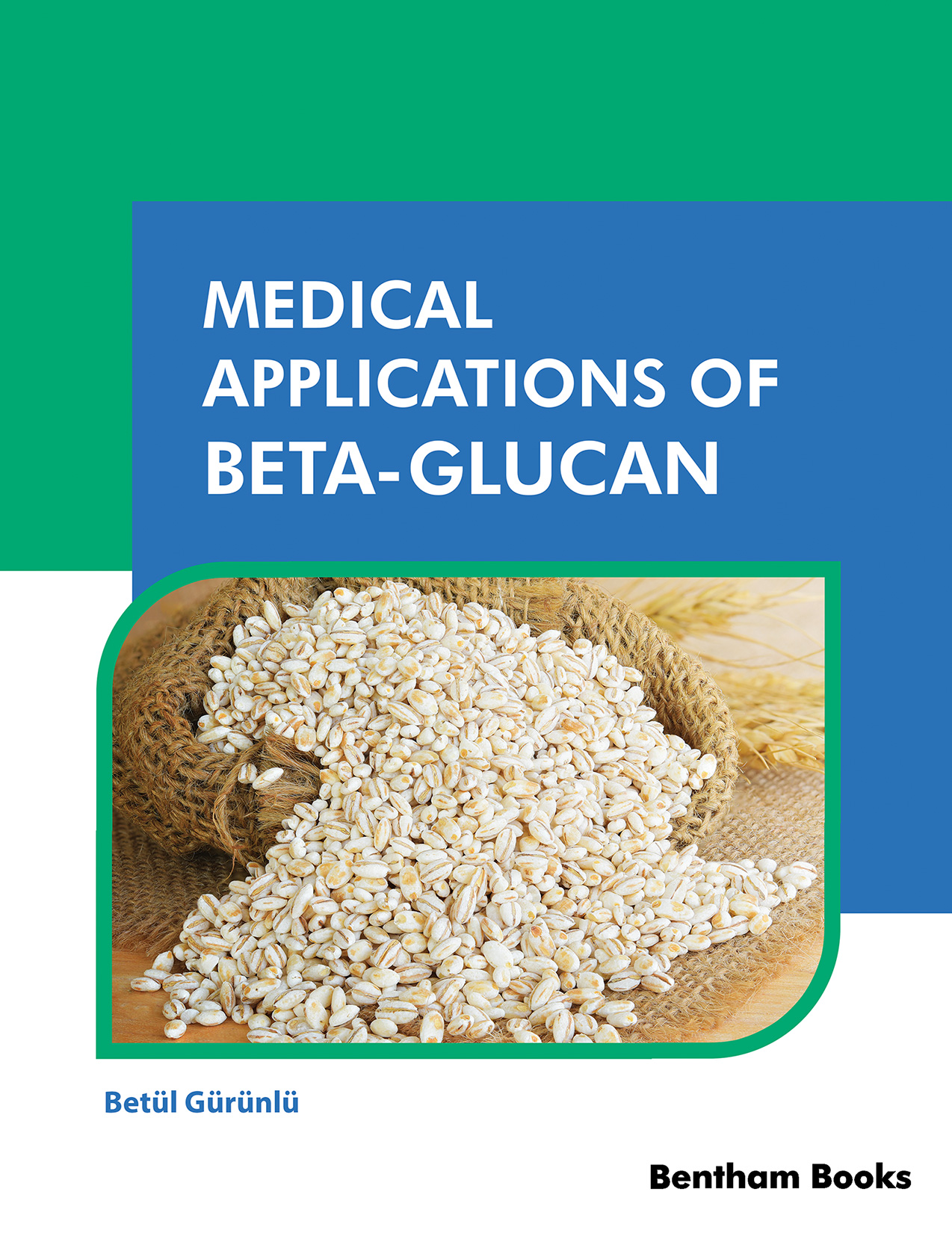Beta Glucan and Lyme Disease (lD)

- By Betül Gürünlü1
-
View Affiliations Hide Affiliations1 "Üsküdar Üniversitesi,Biyomühendislik Bölümü,Merkez Yerleşke A Blok 325/AAltunizade, Üsküdar, İstanbul, Turkey"
- Source: Medical Applications of Beta-Glucan , pp 115-120
- Publication Date: January 2022
- Language: English
Lyme disease (LD) is an insect-borne infectious disease caused by spirochetes-spiral shaped-flexible bacteria titled as Borrelia burgdorferi, has been rapidly growing in United States, Europe, and Asia. During Lyme disease, Borrelia burgdorferi causes the release of pro-inflammatory type cytokines such as interleukin (IL-1), and T-helper cell-derived cytokines stimulating inflammation. Lyme disease causes a wide scale of disorders on the human body i.e. skin, heart. It builds a broad scale of problems such as arthritic symptoms at joints, nervous system problems, bacterial infection, flu-like symptoms [1]. It creates a systemic problem for the host, which can include, and Experimental studies showed that treatment with antibiotics with 3-6 beta-glucan creates a synergistic effect on bacterial and viral infections due to Lyme-Multiple Systemic Infectious Disease Syndrome (MSIDS) [2]. In this minireview, the therapeutical effect of beta glucan on Lyme disease is examined in detail.
-
From This Site
/content/books/9789815039238.chap12dcterms_subject,pub_keyword-contentType:Journal -contentType:Figure -contentType:Table -contentType:SupplementaryData105

